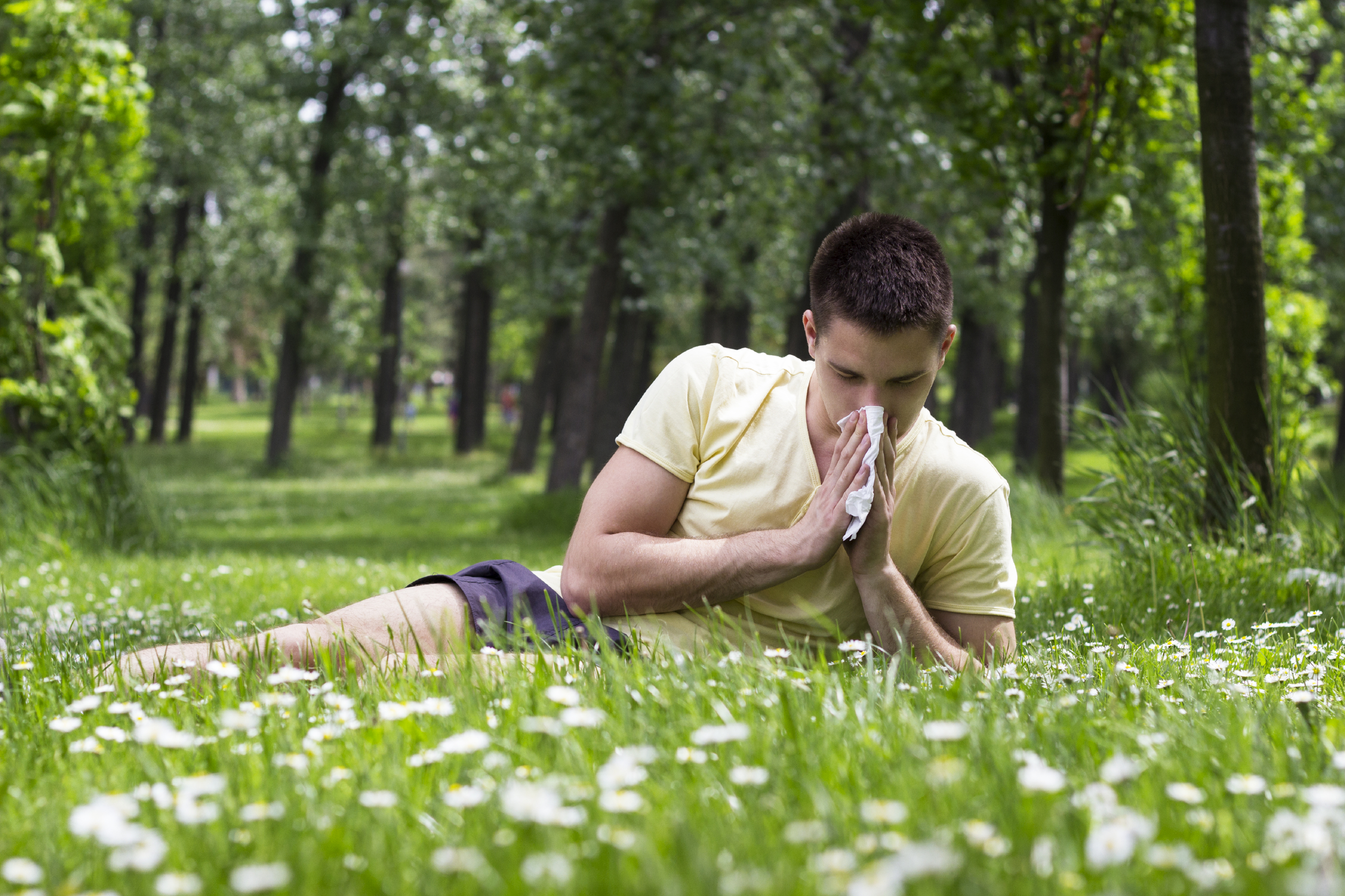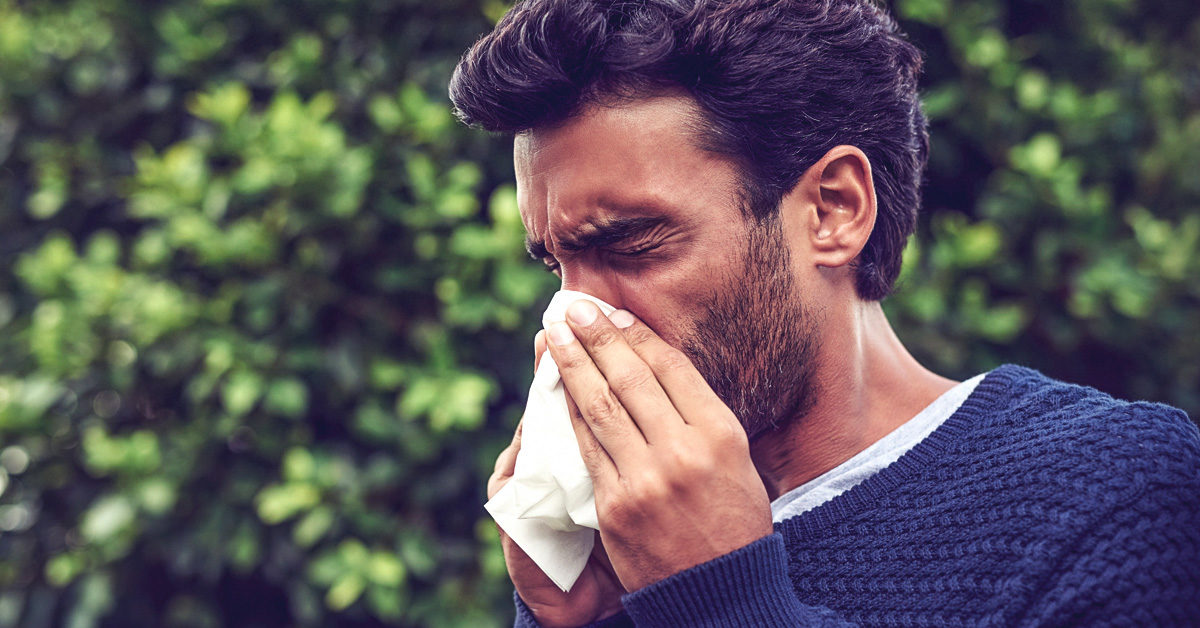Seasonal allergies also known as hay fever mostly occurs in particular seasons. It comes about when your immune system reacts to an open-air allergen. An allergen refers to anything that causes an allergic reaction.
The most common allergens are pollen from wind pollinated grasses, trees, and weeds. Hay fever derives its name from the hay-cutting season. Historically, hay-cutting was done during summer and many people were seen with hay fever symptoms.
However, people don’t react to outdoor allergens solely, they also react to indoor allergens, like pet dander, mold, and others. Read on to learn more about hay fever in the article below.

How Seasonal Allergies Happen
Seasonal allergies occur when your immune system detects an airborne substance called an allergen. Your body will respond by releasing chemicals, like histamines, that circulate into your bloodstream to produce the signs and symptoms of hay fever that we see.
Summer
Since hay-cutting was traditionally done during the summer, then summer causes most hay fever cases. The culprit triggers during this season are grasses, and weeds, such as timothy, and rye grass. Note that it is believed that grass is the most common hay fever trigger.
Spring
Trees are the main causes of seasonal allergies during spring. In the Northern latitude, birch trees release pollen that many people are allergic to during spring. Other allergic trees widely known include alder, cedar, willow, chestnut, poplar, and horse.
Fall
Ragweed is known to be an autumn plant. It’s genus name is Ambrosia and has over 40 different species worldwide. However, ragweed is known to thrive in temperate regions of South and North America.
Ragweed is an invasive plant that is difficult to control, it produces lots of pollen, and it’s allergic symptoms may be severe. Other fall allergic triggers are trees, like mugworts, nettles, fat hens, and plantains.
Winter
During winter, most outdoor allergens will be dormant which leads to a reduction in seasonal allergy patients during winter. Much as it is believed that winter brings a relief to hay fever symptoms, this may not be entirely true.
Since most people spend more time indoors during winter, they stand to react to indoor allergens too. However the symptoms of allergies caused by indoor allergens are usually mild.
For instance, you’ll need a dehumidifier to reduce moisture, fix water leaks and clean water tanks, get rid of old carpet and upholstered furniture, wash your bedding with very hot water and cover them with allergen-proof covers. This way, you contain hay fever by getting rid of indoor allergens.
Diagnosing Hay Fever
One of the first pointers to diagnosing hay fever is to know if you have allergic symptoms that occur only at certain times of the year. Based on that, your doctor may check your nose, ears, and throat to draw a conclusion according to their findings.
Avoidance and Remedies

The best treatment for hay fever would be to keep away from allergens. Much as it is almost impossible to avoid outdoor allergens unless you stay indoors, then you might need to visit your doctor for medication.
Home remedies you can try include plenty of fluids to avoid dehydration, rest, and gargling salt water to soothe the throat. Also, try to keep windows and doors shut most of the time and wear a dust mask when moving outside.
But, try to limit your outdoor time. Also, avoid cigarette smoking since it can worsen hay fever symptoms. During summer, you can opt for a HEPA filter conditioner as opposed to ceiling fans.
Conclusion
Seasonal allergies, also known as hay fever occurs at a particular time of the year. It is usually caused by outdoor allergens, like pollen from flowers, trees, and weeds. Make sure to consider this information, and see a licensed medical professional if your symptoms are debilitating.






























